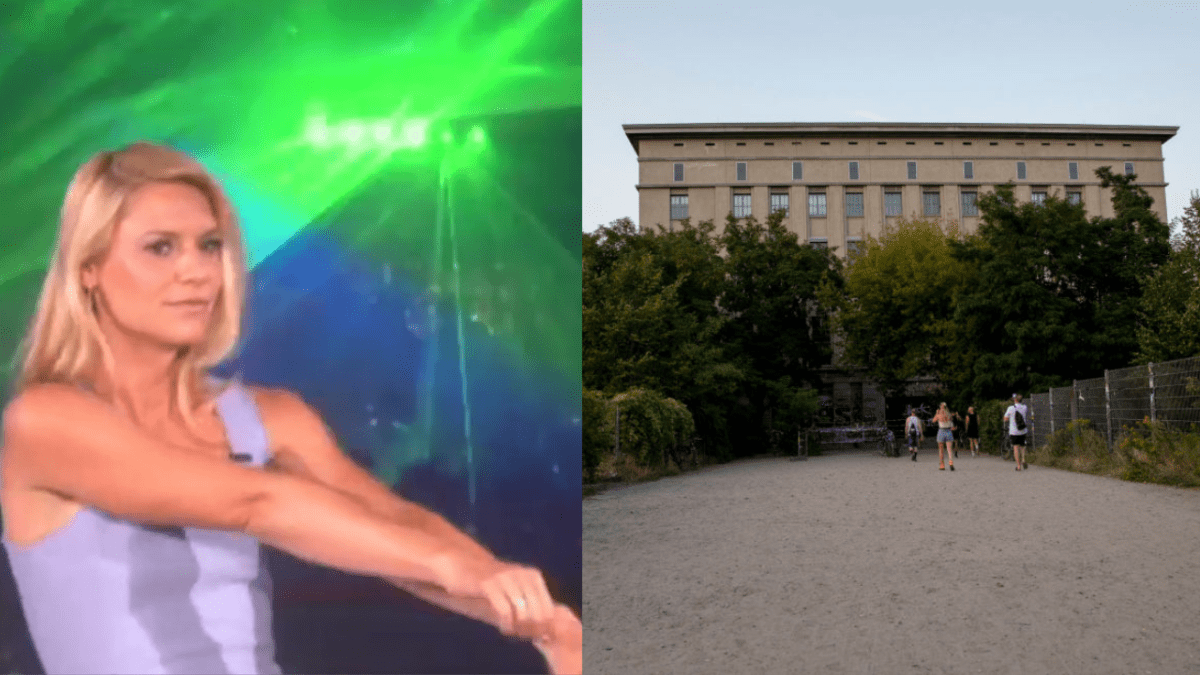
Supporters and pioneers of techno in Berlin are campaigning for the genre to be granted UNESCO’s “intangible cultural heritage” status to recognise its significance to the city after the Berlin Wall fell in 1989.
The status could protect legacy clubs like Berghain and Tresor as cultural landmarks, and preserve the clubbing culture from gentrification – no thanks to Claire Danes’ incredibly cringe review on Ellen in 2015.
The campaign follows one last year that saw the Germain financial high court officially recognising techno as a genre of music. It seems obvious but the shift finally gave nightclubs access to government tax breaks previously only awarded to traditional live music venues.
“Intangible cultural heritage” would take this further, establishing that ‘the practices, representations, expressions, knowledge, skills – as well as the instruments, objects, artefacts and cultural spaces associated therewith’ are recognised by the community a part of its cultural heritage.
The campaign was launched by Dr Motte, the Berlin DJ and producer who founded the Love Parade festival in West Berlin in 1989, in order to make governments and legislation protect the city’s club culture.
“It would mean easier access to money from the state for support… if we have that status, we could support clubs with lower taxes, and it could affect building and trading laws,” he told DJ Mag.
It could also help revive the scene after lockdowns saw, and continue to see, clubs shut for months and some for good. From Wednesday Dec 8, dancing in Berlin clubs will be banned once again to reduce transmission of the Omicron variant.
Pre-COVID, Berlin’s club scene drew three million tourists a year, but more than 100 Berlin venues closed between 2010 and 2020 thanks to gentrification and rising rent and property prices.
While UNESCO doesn’t have any direct policymaking powers, campaigners hope the listing could influence political support for preserving club culture. This could include removing barriers to entry for new venues and licences, helping maintain existing clubs, and shifting administrative decisions around noise levels, for example, in favour of venues.
While techno originated in Detroit and has roots in Chicago and Belgium, Germany’s local scene developed under the special cultural circumstances after the Fall of the Berlin Wall when curfews lifted and the country was unified.
Motte said his campaign is now part of a bigger plan to achieve ICH for techno in Germany and then across Europe. Now let’s bring this campaign to Aus please.



